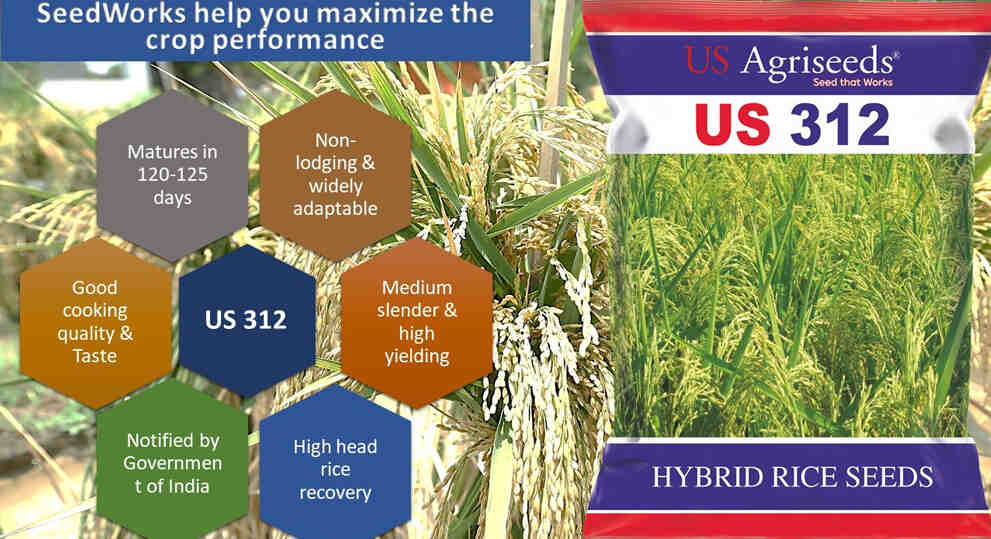Pearl millet (Pennisetum glaucum) is one of the oldest cultivated grains, originating in Africa and now grown in many parts of the world, especially in arid and semi-arid regions. Known for its resilience to drought and adaptability to harsh climates, pearl millet is a vital crop that can significantly contribute to food security. In recent years, pearl millet seed manufacturing companies have played an essential role in promoting sustainable agriculture practices and ensuring the availability of this nutritious grain.
Importance of Pearl Millet in Food Security
With the global population projected to reach nearly 10 billion by 2050, food security is becoming increasingly critical. Pearl millet is highly nutritious, rich in protein, fiber, and essential minerals like iron and zinc, making it an important staple food, particularly in developing countries. It thrives in less fertile soils and requires less water than many other crops, making it a sustainable choice for farmers in regions facing climate challenges.
The Role of Pearl Millet Seed Manufacturing Companies
Pearl millet seed manufacturing companies are pivotal in enhancing agricultural productivity and food security. These companies invest in research and development to create high-yielding, disease-resistant seed varieties. By providing farmers with quality seeds, these companies enable them to achieve better harvests, which in turn supports local economies and enhances food availability.
Research and Development Initiatives
Research and development (R&D) are at the forefront of the efforts by pearl millet seed manufacturing company. Through scientific research, these companies identify and breed millet varieties that are not only high-yielding but also resilient to pests and diseases. They also focus on developing varieties that can withstand climatic extremes, ensuring that farmers can rely on their crops even in challenging weather conditions.
Sustainable Agricultural Practices
Sustainable agriculture is crucial for maintaining food security in the long term. Pearl millet seed manufacturing companies promote practices such as crop rotation, intercropping, and integrated pest management. By encouraging these practices, they help farmers maintain soil health, reduce reliance on chemical fertilizers and pesticides, and increase biodiversity in farming systems. This holistic approach not only supports sustainable production but also enhances the resilience of farming communities.
Training and Support for Farmers
Beyond providing seeds, pearl millet seed manufacturing companies often engage in capacity-building initiatives for farmers. They conduct training programs to educate farmers about the best agricultural practices, seed selection, and pest management. By empowering farmers with knowledge, these companies ensure that they can maximize their yields and improve their livelihoods. This support is crucial in regions where farmers face numerous challenges, from financial constraints to climate variability.
Enhancing Nutritional Security
As pearl millet is rich in essential nutrients, its cultivation contributes to better nutrition in local communities. Pearl millet seed manufacturing companies advocate for the inclusion of millet in local diets and promote value-added products made from millet grains. This not only enhances the nutritional profile of the community but also opens new market opportunities for farmers, driving economic growth.
Collaboration and Partnerships
Collaboration is key to achieving sustainable agricultural goals. Pearl millet seed manufacturing companies often work with governments, NGOs, and agricultural research institutions to create comprehensive strategies for promoting millet cultivation. These partnerships help to strengthen the agricultural value chain, from seed production to marketing and distribution, ensuring that farmers have access to the resources they need.
Addressing Climate Change Challenges
Climate change poses a significant threat to global food security, particularly in vulnerable regions. Pearl millet is inherently more resilient to drought and heat compared to other staple crops. By promoting its cultivation, pearl millet seed manufacturing companies play a vital role in adapting agricultural systems to the impacts of climate change. They also invest in developing drought-tolerant seed varieties that can thrive in increasingly unpredictable weather conditions.
Conclusion: A Sustainable Future with Pearl Millet
Pearl millet seed manufacturing companies are instrumental in fostering food security and promoting sustainable agriculture practices. By investing in research, supporting farmers, and advocating for sustainable farming methods, they contribute to a more resilient agricultural system capable of meeting the challenges of the future. As global demand for food continues to rise, the role of pearl millet and its seed companies will be crucial in ensuring that communities can thrive sustainably. Emphasizing the importance of this hardy grain will not only improve food security but also promote healthier diets and sustainable livelihoods for millions around the world.






Comments